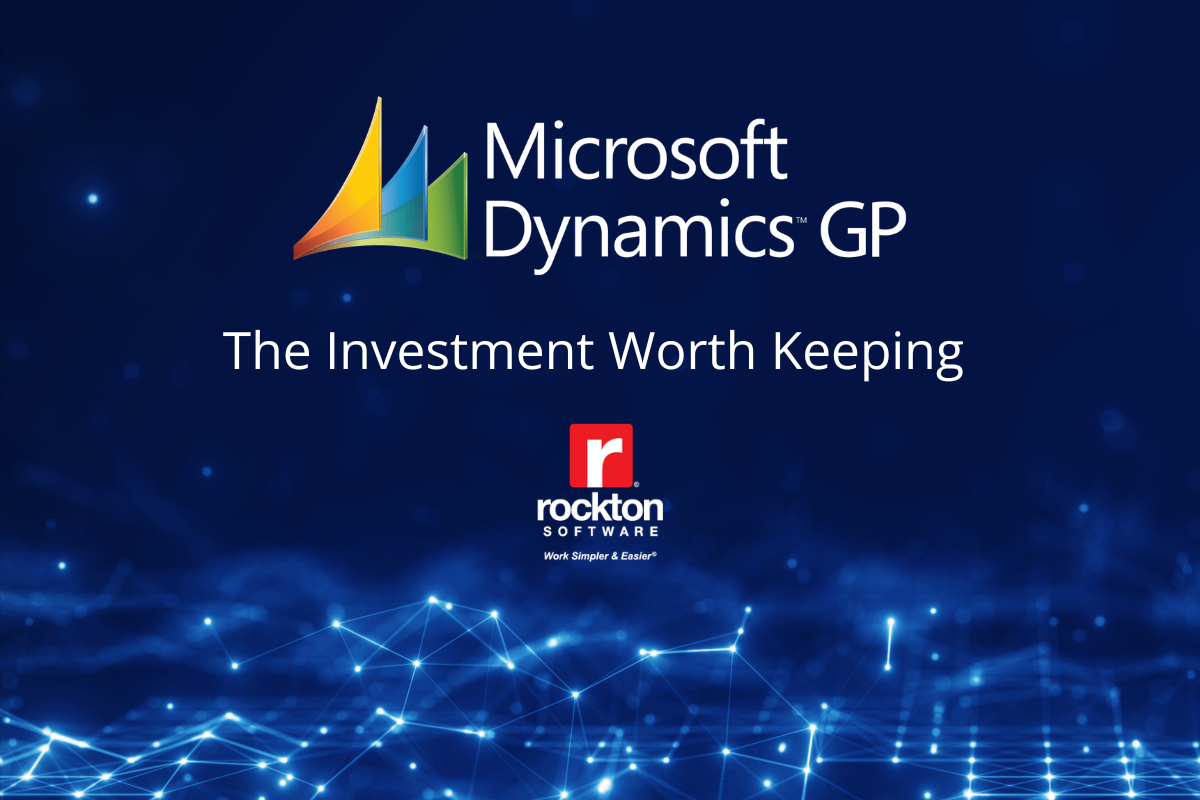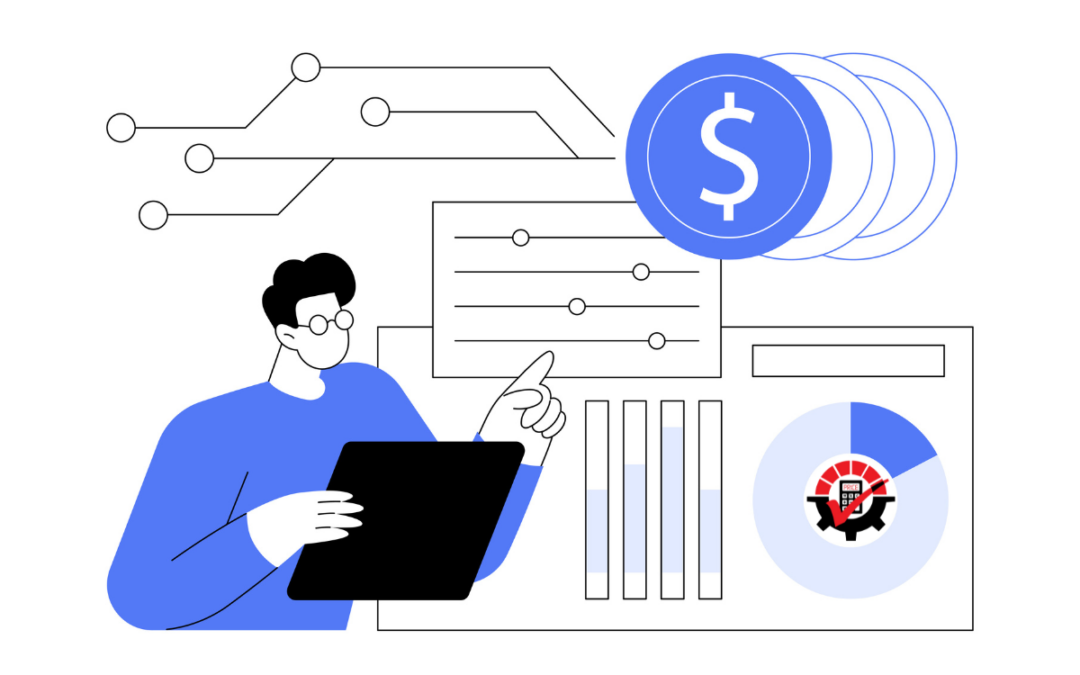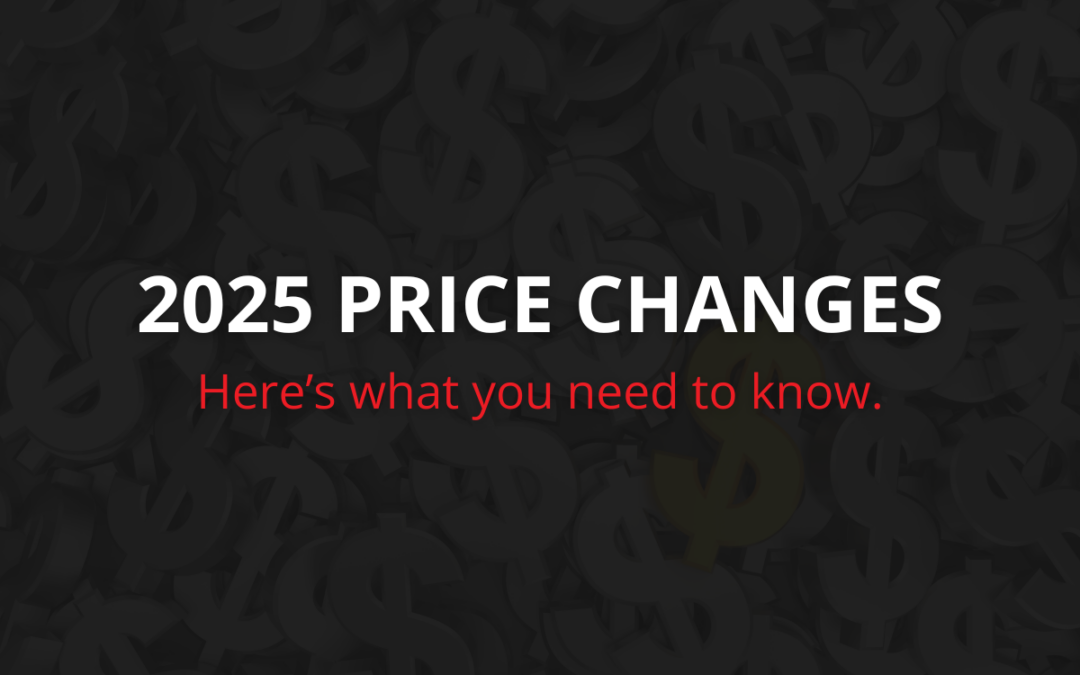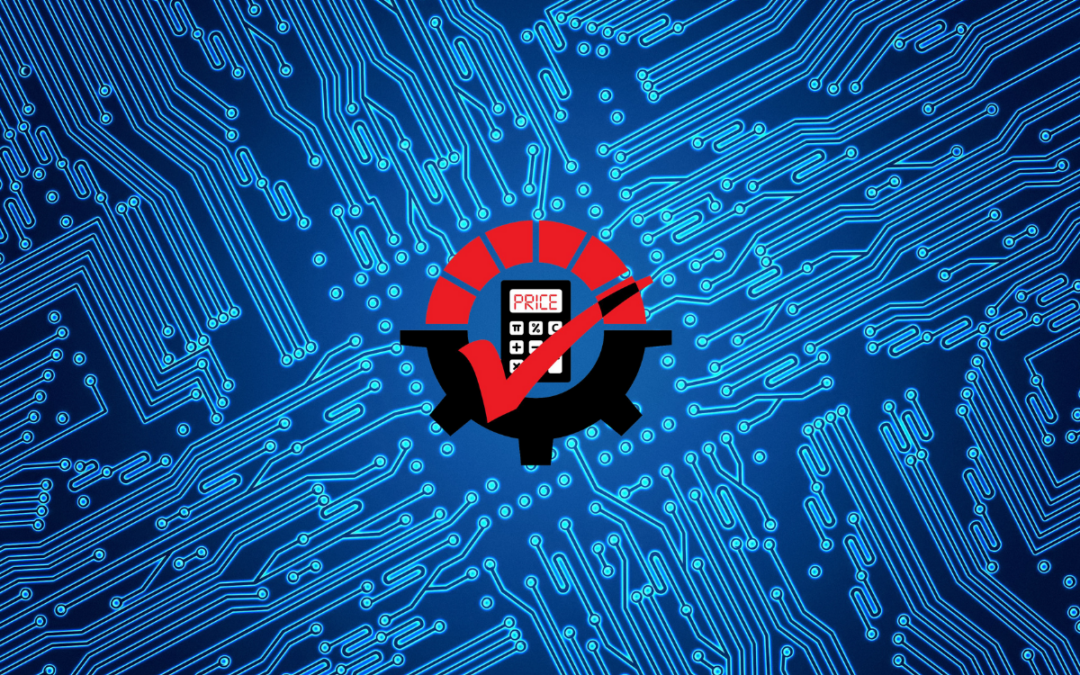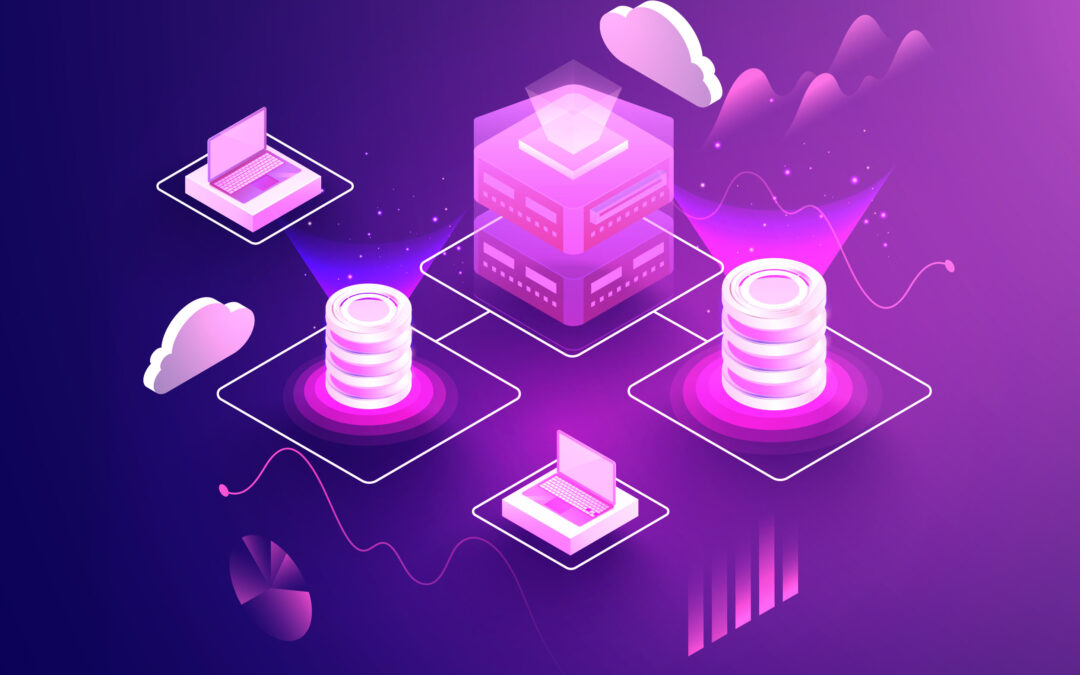Microsoft Dynamics GP (Great Plains) has been a cornerstone for many organizations, providing robust enterprise resource planning (ERP) solutions tailored to meet businesses’ intricate needs. Dynamics GP remains a worthwhile investment despite the evolving ERP landscape for numerous reasons. In this blog, we will explore why Dynamics GP is here to stay, its unparalleled depth and breadth, the commitment from Independent Software Vendors (ISVs), and why migrating to another ERP is full of unexpected and often unnecessary costs.
Microsoft Will Support GP Beyond 2028
Microsoft has assured users that it will continue to support Dynamics GP beyond 2028. This is not some time bomb that goes off in 2028, where GP will no longer exist. Microsoft is still producing enhancements and upgrades for GP, and their stated and committed support for the software extends five years beyond. This commitment provides a safety net for current users, ensuring they will receive updates, security patches, and support services for the foreseeable future. The extended support timeline signifies Microsoft’s dedication to maintaining and enhancing GP, making it a reliable long-term investment.
The number of VARs (Value Added Resellers) supporting GP is also large, and the community of support is wide-reaching.
With over 30,000 estimated GP customers, there isn’t enough consulting talent on the planet to move every customer off GP and onto any other system. This means GP will be around and in use for many years to come.
GP Will Be Around for Decades, If GP Accounting Is Any Indication
Dynamics GP has a rich history, tracing its roots back to the early days of enterprise software. GP Accounting, the predecessor to Dynamics GP, set a precedent for reliability and longevity. The software’s resilience and adaptability have enabled it to withstand the test of time, evolving alongside technological advancements and business needs. While GP Accounting, a DOS-based product, ceased to exist beyond 1995, it was still in use well into 2015 and beyond—because people loved it, and it worked.
The enduring presence of GP Accounting illustrates the potential for Dynamics GP to remain a critical tool for decades. Organizations that have relied on GP for their accounting and financial management needs have consistently benefited from its robust functionality and stability.
No ERP Matches GP’s Depth and Breadth of Solutions
Dynamics GP stands out for its extensive suite of features, either in its rich core or through add-on products delivered by the ISV Community. GP covers a wide array of business processes, including financial management, supply chain operations, human resources, and more. This comprehensive functionality ensures that businesses can manage critical operations within a single, integrated system. One of GP’s key strengths is its ability to be customized to meet the unique needs of different industries and businesses.
With a rich ecosystem of ISV products, very few (if any) business problems haven’t been solved on the GP platform.
ISVs are in It for the Long Haul
The Dynamics GP ecosystem is bolstered by a strong network of Independent Software Vendors (ISVs) who develop add-ons and extensions to enhance the core functionality of GP. These ISVs are committed to supporting and innovating within the GP environment, providing specialized solutions that cater to niche business requirements. ISVs are crucial in keeping Dynamics GP relevant by continually introducing new features and enhancements. This ongoing innovation ensures that GP users have access to the latest tools and technologies, helping them stay ahead in their respective industries.
At Rockton, we have thousands of customers on our GP products, and it’s a key part of our business. So do our friends at eOne, Mekorma, Integrity Data, and others. While all ISVs have expanded onto other ERP platforms, as should be expected, we are all passionate about the rich GP ecosystem and continue to support it and will for many years to come.
There Is No Migration to BC or Any Other ERP – It’s a Full Re-Implementation
If there’s anything I’d love for you to take away from this blog, it’s “MIGRATION AND UPGRADE IS A FALLACY.” There is no migration or upgrade from GP to anything. Migration implies, and Microsoft and other publishers want you to believe, that you push a button and suddenly you’re on a new ERP system. This is a “holy grail” everyone’s been in search of for decades, and it simply does not (and cannot) exist.
Migrating from Dynamics GP to another ERP system like Business Central (BC) is not a straightforward process. It involves a complete re-implementation, as the underlying architectures, data structures, and functionalities differ significantly. This complexity means businesses cannot simply upgrade to BC; they must undergo a comprehensive transition process. Anyone using GP should expect months of a new implementation to any platform, the cost of the new software, and at least $50k (more like $100k) for implementation services for a typical small to medium business.
No ERP, including GP, is a self-implementation project. Consider the great fit GP has for you now and ask yourself if you want to spend a ton of money and endure up to a year or more of business disruption, all to be on a platform that has less functionality than your current GP investment. While there are edge cases (less than 5% of the GP populace), moving to another platform does not make economic sense.
A full re-implementation requires substantial investment in time, money, and resources. Businesses must plan for extensive data migration, staff training, system customization, and potential downtime. These factors can make the switch to another ERP system less appealing than continuing with Dynamics GP.
Re-implementing an ERP system carries the risk of operational disruption. The transition period can affect business continuity, leading to potential delays and setbacks. For many organizations, the stability and familiarity of Dynamics GP outweigh the perceived benefits of moving to a new system.
Conclusion
Microsoft Dynamics GP remains a formidable ERP solution, offering unparalleled depth and breadth of functionality. With Microsoft’s commitment to support beyond 2028, a robust network of ISVs, and the complexities of migrating to other ERP systems, Dynamics GP stands as a valuable, long-term investment. Businesses that continue to leverage GP can benefit from its comprehensive features, customization capabilities, and ongoing enhancements, ensuring they stay competitive and efficient in their operations.

